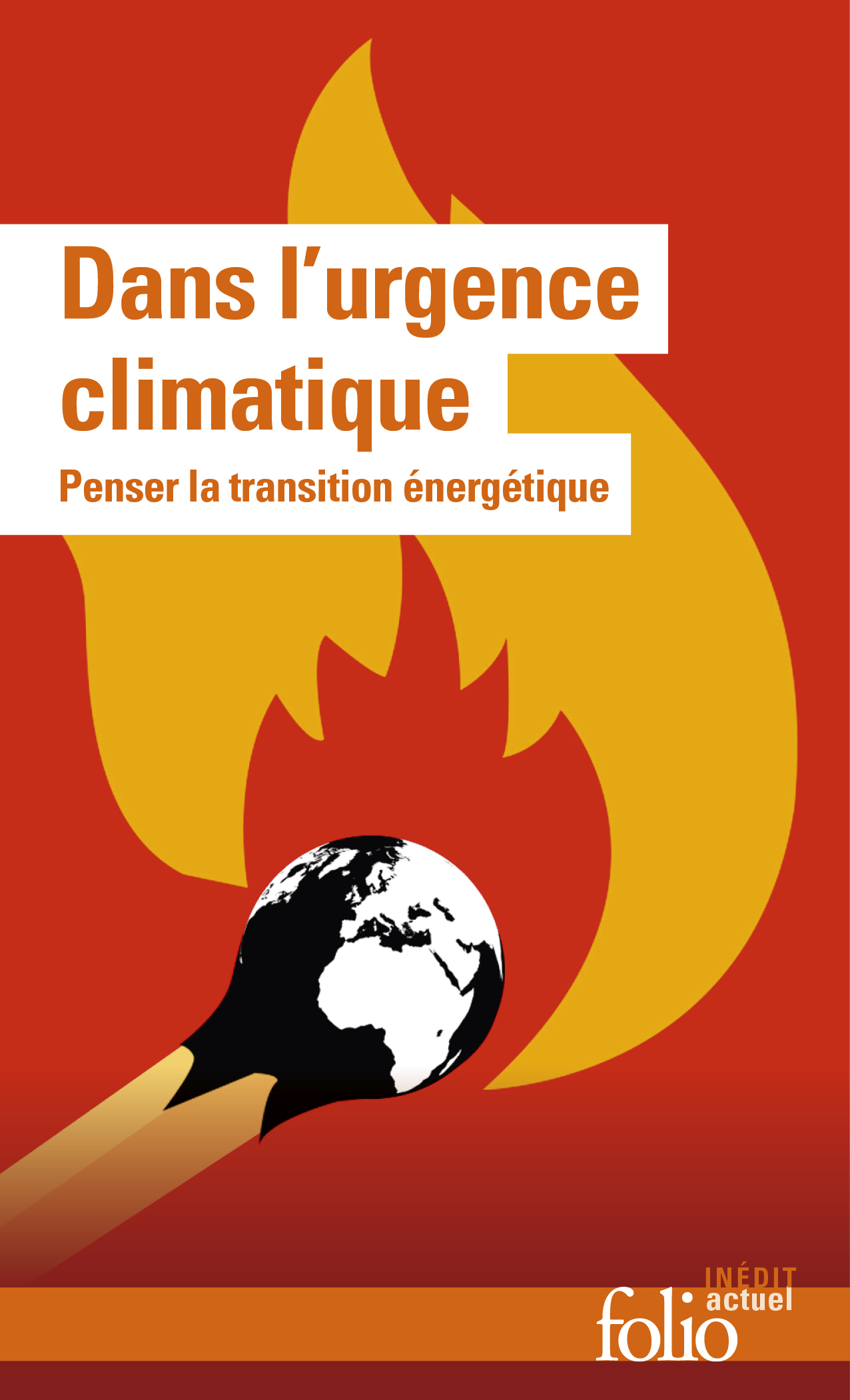Opinion
Relaunching transatlantic cooperation with a carbon border adjustment mechanism
The best way for the EU and the US to jointly introduce carbon border adjustment would be to form a ‘climate club’.
On June 15, President Joe Biden will join Charles Michel and Ursula von der Leyen in Brussels for an important European Union–United States summit that aims at relaunching bilateral cooperation after four years in which it has withered. Climate change features at the top of the agenda, raising hopes about the potential role of the transatlantic partners in fostering global decarbonisation.
There is reason for optimism. The two economies share today a common climate ambition and, representing 40% of global gross domestic product and 30% of goods imports, other countries cannot simply ignore what happens here. The key question is, how can the EU and the US decarbonise domestically while also creating an incentive for other countries to move in the same direction? In our view, the answer can be found in the joint introduction of carbon border adjustment measures.
A carbon border adjustment measure is a tariff on imported goods based on their carbon content. This tariff, the amount of which would be equivalent to domestic carbon prices, will be necessary in any country that intends to seriously scale-up decarbonisation. The introduction of strong carbon pricing measures and strong environmental regulations to curb emissions runs the risk of carbon leakage, a situation in which, in order to cut costs, companies shift the production of carbon-intensive goods to countries with weaker policies. Economies with tough climate measures then import those products. Thus, carbon border adjustment is not about protectionism, but about ensuring a level-playing field in a situation in which some countries are doing more than others to implement their decarbonisation pledges.
In the context of the European Green Deal, the EU is already planning the introduction of a carbon border adjustment measure covering the electricity sector and energy-intensive industrial sectors by 2023 at the latest. This could be a good start to the system, which must then be expanded to all imported goods to be efficient and effective. Until last year, European policymakers feared that the United States would have considered such a move as the start of a trade war, but with President Biden there is now an opportunity for a very different conversation. During the presidential campaign, he himself pledged the introduction of carbon border adjustment measures on carbon-intensive goods imported from countries that are failing on their climate and environmental obligations. Furthermore, the US Congress is working on two carbon pricing bills that also include carbon border adjustment.
The best way for the EU and the US to jointly introduce carbon border adjustment would be to form a ‘climate club’, which can be done in three steps. First, they would have to coordinate their domestic decarbonisation roadmaps more closely. Each can choose its own approach, but near-term milestones should be broadly similar, to avoid carbon leakage. Second, they would have to agree on a clear methodology to measure the carbon content of all goods, including the most complex. Third, they would need to make sure the system is transparent and open to all countries willing to join, as this would ensure compliance with the provisions of the World Trade Organisation.
By setting-up such a climate club, the EU and the US would not only ensure their industrial competitiveness while they accelerate domestic decarbonisation, but they would also give others – starting with China – a significant incentive to scale-up their domestic climate measures to be part of the club, and thus avoid being subject to such tariffs in key export destination markets.
To further increase its contribution to global decarbonisation, alongside its international acceptance, part of the revenues collected from a carbon border adjustment mechanism should be used to fund the deployment of clean technologies in low-income countries.
Thanks to clean-technology developments and unprecedented political momentum, the world has a chance to reverse its failure to tackle climate change. The EU and the US have a historical duty to lead. Doing so by creating a climate club founded on the joint introduction of a carbon border adjustment mechanism, open to all willing countries, offers the greatest guarantee of success.
Republishing and referencing
Bruegel considers itself a public good and takes no institutional standpoint.
Due to copyright agreements we ask that you kindly email request to republish opinions that have appeared in print to [email protected].











